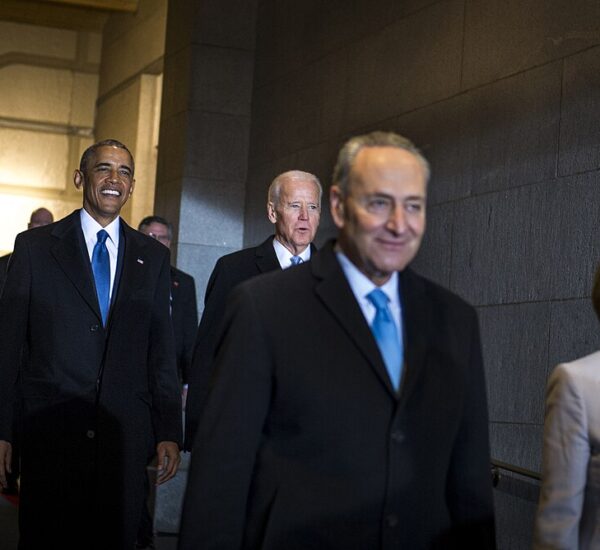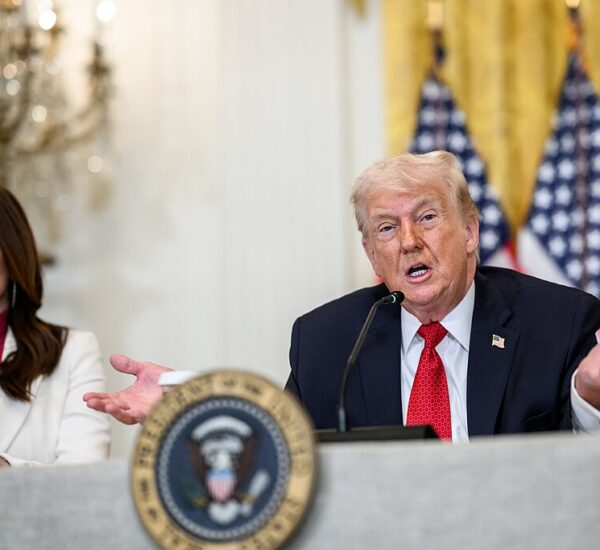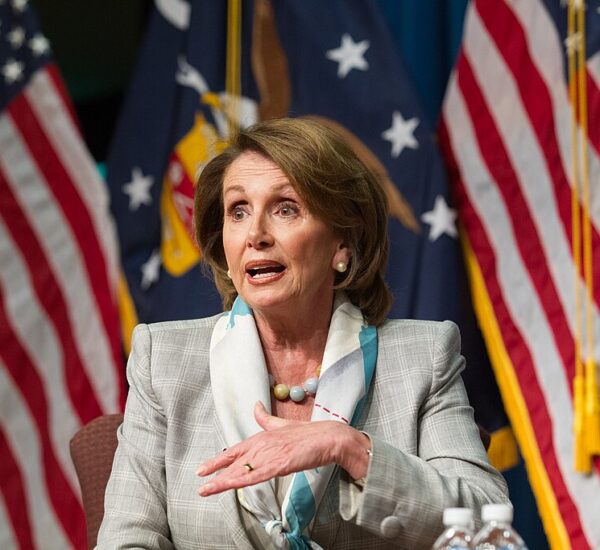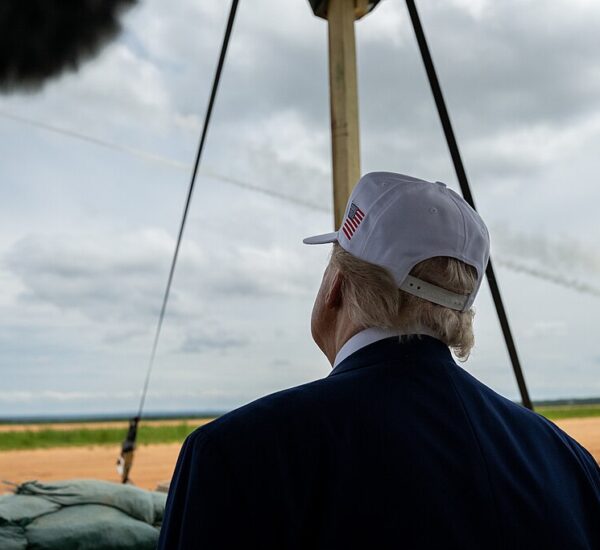Trump’s Deal Causes Legal Problems
WASHINGTON, D.C. — In a first-of-its-kind arrangement, U.S. chipmaking powerhouses Nvidia and AMD have reached a deal with the Trump administration to surrender 15% of their earnings from AI chip sales to China in return for expedited approval of export licenses.
The move follows President Trump’s April crackdown on advanced technology exports to America’s top adversary, China — a policy aimed at safeguarding U.S. national security and keeping cutting-edge artificial intelligence (AI) technology out of Beijing’s hands.
Congress Cut Out of the Deal
Critics are calling the deal unprecedented and troubling. “It’s bizarre because Congress didn’t have any say in this,” warned Gary Hufbauer of the Peterson Institute for International Economics. “Traditionally, business like this has gone through proper legislative channels, not one-on-one presidential negotiations.”
Under the agreement:
- Nvidia will give up 15% of H20 chip sales to China.
- AMD will give up 15% of MI308 chip sales to China.
Both chip models were custom-designed to meet U.S. export rules — yet sales were frozen earlier this year until the administration agreed to begin issuing licenses.
White House Meeting Cleared the Path
The breakthrough reportedly came after Nvidia CEO Jensen Huang met privately with President Trump at the White House last week. The deal now clears the way for billions in high-stakes sales to one of the world’s most competitive markets.
Billions Already Lost from Restrictions
The financial impact of Trump’s earlier export halt was massive:
- Nvidia took a $4.5 billion loss in Q1 and projected another $8 billion hit in Q2.
- AMD forecast a $1.5 billion revenue drop for the year.
Supporters of the new arrangement say it strengthens America’s hand in the global AI race while keeping China’s access under tighter control. Critics argue it risks turning U.S. export restrictions into a revenue-raising scheme — a shift that has never occurred in U.S. history.
With Washington and Beijing locked in a fight for AI supremacy, the Nvidia–AMD deal could be a turning point in America’s technology and trade strategy — one that raises serious questions about executive power, corporate compliance, and the future of U.S.–China relations.






